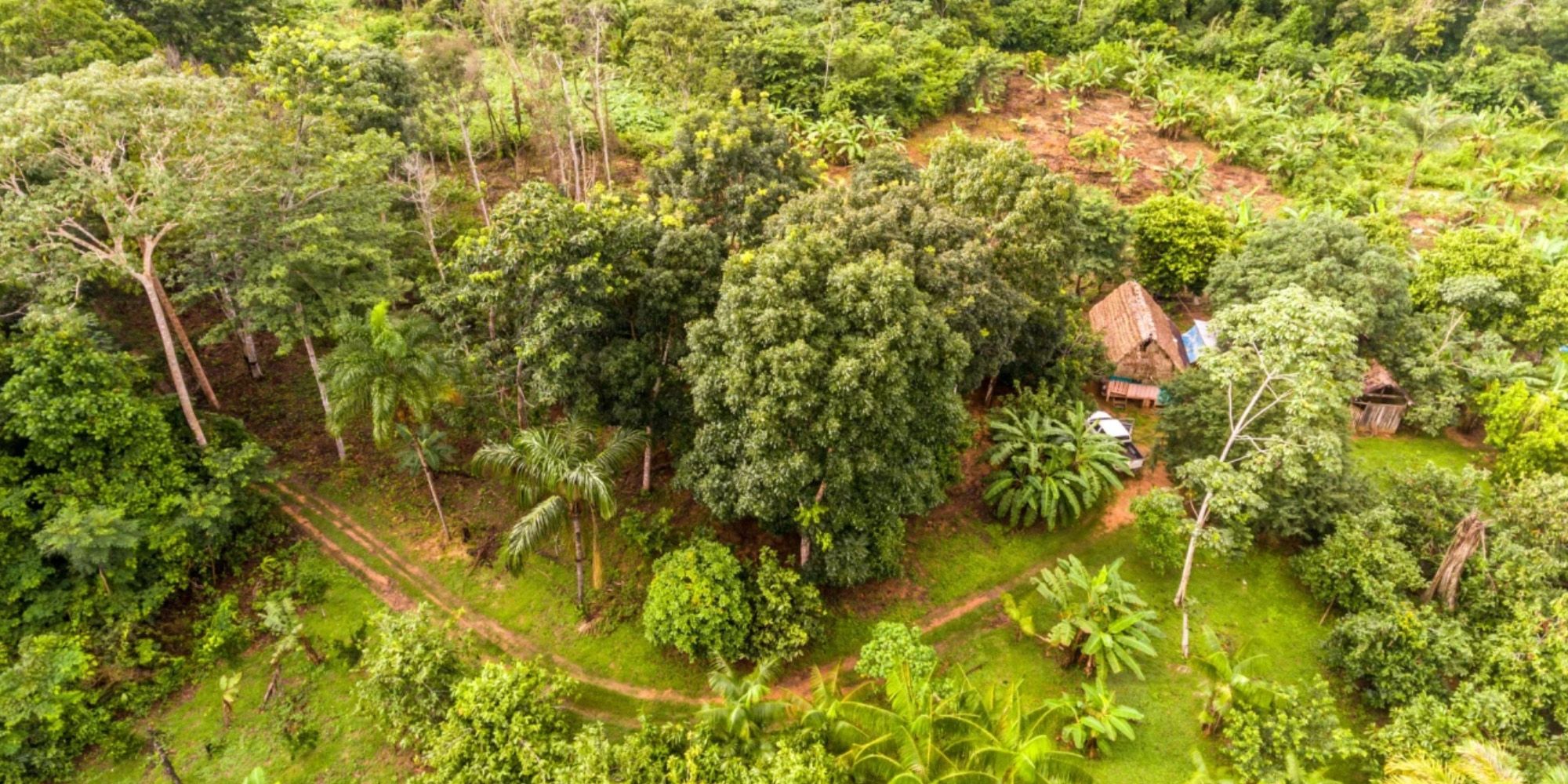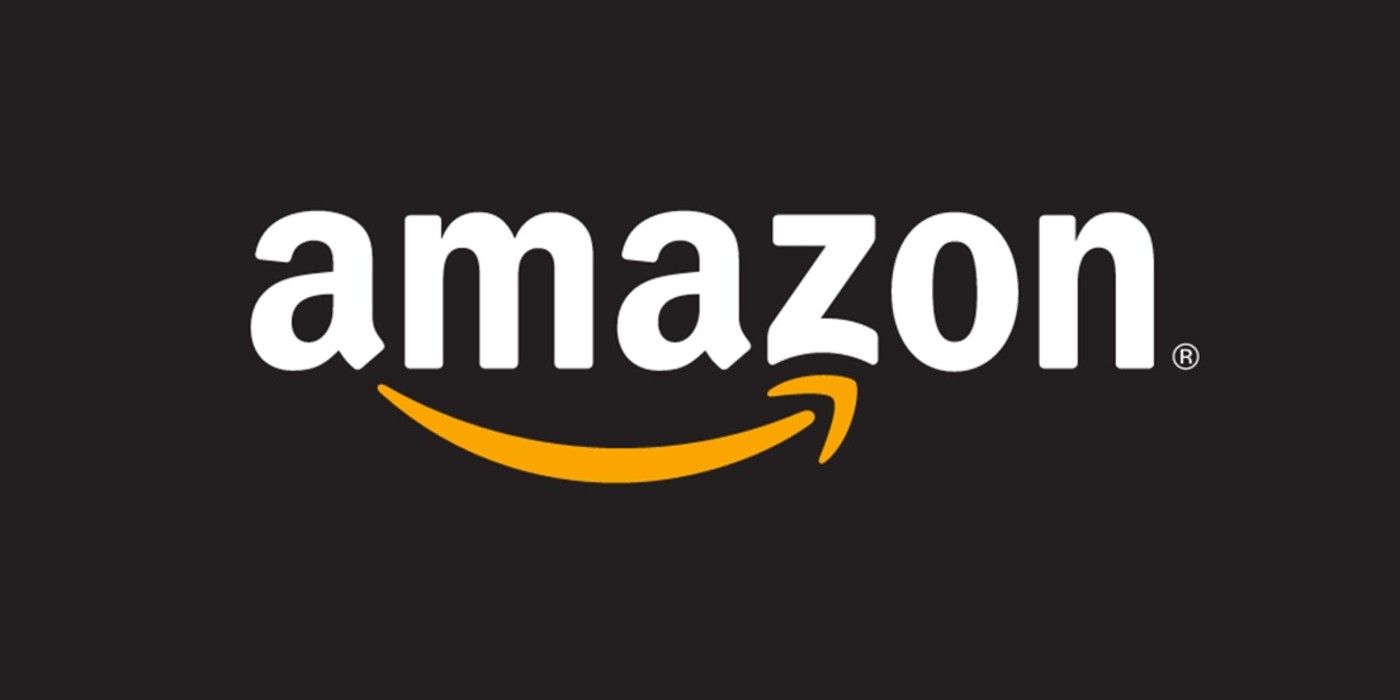
In Amazon's most recent show of environmental support, the company announced its investment in a new initiative called the Agroforestry and Restoration Accelerator. This will be run through the Right Now Climate Fund — Amazon's sustainability program that was created in 2019 to restore and conserve nature — in partnership with global environment organization The Nature Conservancy. In addition to restoring the rainforest and removing existing carbon dioxide from the atmosphere, the initial investment in this initiative will support 3,000 Amazonian farmers by creating more sustainable sources of income. However, critics wonder whether this promises meaningful change or whether it is yet another empty gesture by Jeff Bezos led mega-retailer.
The new initiative aims to remove up to 10 million tons of carbon dioxide and restore 20,000 hectares of forest land by 2050 while developing solutions to grow the initial investment exponentially. Parallel to this, Amazon has been addressing climate change on other fronts, in part by transitioning its delivery system to use electric vehicles and switching to buying only renewable energy by 2025. In the past two years, the company has also created and added to a number of funds, such as the above-mentioned Right Now Climate Fund, The Nature Conservancy's Urban Greening program to create a guide for environmentally friendly city-building, and the Climate Pledge Fund to develop decarbonizing technologies and services.
Critics have been calling for Bezos to take direct action to combat climate change for years, most recently in response to his expensive space launch startup Blue Origin. This latest environmental investment appears to be a step in the right direction, though Brazilian NGOs warn that they need more than just support of sustainable crop production, so time will have to tell how much of an impact Amazon's efforts have. That being said, nature-based approaches such as forest restoration are scientifically shown to be one of the best ways to combat climate change, so at least some form of positive impact can be expected.

The largest aspect of the issue at hand is that, when looking at the numbers involved in this initiative, the scale of it all seems very small. What continues to be the biggest complaint is that multi-billionaire Bezos is contributing far less than he would if he truly wanted to bring about change. The initial investment promises to support 3,000 farmers to restore 20,000 hectares of the rainforest — approximately the size of Seattle — by 2050, but the Pará region is estimated to have more than 40,000 farmers and, in the past year, has lost around 1,335 hectares to deforestation every day. In other words, the Agroforestry and Restoration Accelerator aims to restore just over 2 weeks' worth of damages in just under 30 years.
Further, the 10 million tons of carbon dioxide that this initiative plans to remove is equivalent to a single year of emissions from 2 million cars. To put that into perspective, there are estimated to be around 1.4 billion cars active today. And finally, all of this appears to count towards Amazon's Climate Pledge to become a net-zero carbon company by 2040, meaning it would only be a part of canceling out the damage Amazon continues to cause.
All in all, the tangible results of this initiative are still in question, and while objectively a step in the right direction, the whole project contribution strikes many as still being too little. There should be nothing wrong with celebrating it as progress, as long as Amazon and Bezos are made aware that they can and should do more, and are encouraged to continue taking bigger steps.
Source: Amazon
No comments:
Post a Comment